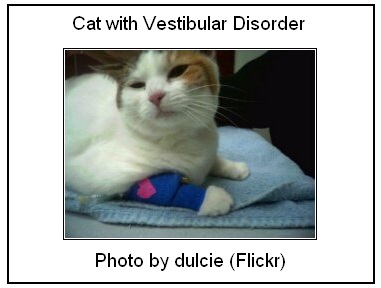vestibular disease in cats uk
What Causes Vestibular Disease. Vestibula Syndrom i Do an Cat Fac Shee Vestibular syndrome refers to a group of diseases that affect the balance system also known as the vestibular system.
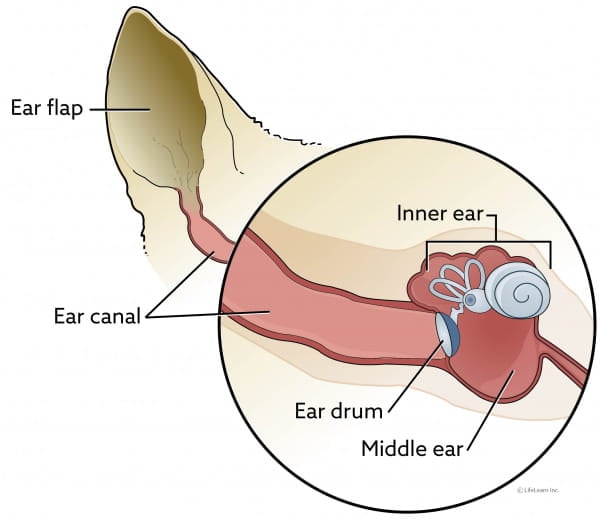
Feline Vestibular Disease Vca Animal Hospitals
The cat being unable to orientate himself has problems with balance wobbles falls over and has trouble righting himself.

. The onset of vestibular disease can be quite sudden. In one study subclinical middle ear disease is relatively frequent in cats undergoing CT imaging of the head thus interpret in light of clinical picture. Although the tilt is concerning it by itself is not dangerous and most cats will adjust to it over.
In the other fifty percent it may leave your cat with a permanent head tilt. Vestibular syndrome in cats is a set of clinical symptoms that can arise suddenly caused by alterations to the vestibular system. The cat may lean against the wall for support or crouch low to the ground.
Bacterial and fungal infection Inflammatory diseases Tumors Nasopharyngeal polyps Cancer Head trauma Allergic reactions to medication. Common signs of vestibular syndrome in dogs and cats include loss of balance falling rolling over abnormal ickering of the eyes and general wobbliness. For idiopathic feline vestibular disease diagnosis requiring exclusion of other causes by MR CT and a normal cerebrospinal fluid CSF analysis.
Conditions affecting the ear include deep ear infections otitis ear tumours or polyps damage to the skull such as caused by a road traffic accident or a bad fall. Vestibular disease is one of the most common neurological presentations in veterinary neurology and can be one of the most challenging. J Feline Med Surg 1 2.
Feline vestibular disease originates in a cats peripheral vestibular system which is located in the inner ear or a problem in the brain stem central vestibular system. Vet Clin North Am Small Anim Pract 40 1 81-100 PubMed. Peripheral vestibular disease referable to otitis mediainterna was the main reason for presentation in three cats with cryptococcosis.
2010 Vestibular disease in dogs and cats. In cats this disease is idiopathic meaning its cause is. There is a vestibular balance.
This often develops from otitis externa inflammation or infection of the outer ear. The vestibular system in cats humans and other animals is responsible for controlling balance orientation and a sense of direction. Idiopathic vestibular disease or feline vestibular disease is a balance disorder that can affect your cat which stems from issues within your cats vestibular system.
There are two types of vestibular disease. Congenital which affects Burmese and Siamese cats affected cats may also be deaf. It will resolve in about 2 weeks.
Current thinking is that the special endolymphatic fluid in the semicircular canals or the interface with the special sensory cells lining the canals becomes abnormal. Thomas W B 2000 Vestibular dysfunction. Vestibular syndrome in dogs and cats can be caused by a disease affecting any part of the system sensors within the ear the nerve connecting the ear and brain or the control centre in the brain.
Rossmeisl J H Jr. But a head tilt will persist for life. Feline idiopathic vestibular disease.
Cardiomyopathy Heart Disease In Cats International Cat Care. Vestibular disease in cats in most all cases has no actual known cause which is what makes it so mysterious. In about fifty percent of the cases it will resolve itself over a period of a couple of weeks.
Lysis of the tympanic bulla petrous temporal bone and calvaria with soft-tissue. A cats vestibular system is the complex arrangement of nerves and other components that governs its sense of balance and coordinate the movement of its head and eyes. In the remaining cat otitis mediainterna was considered to be secondary to occlusion of the auditory tube by a nasopharyngeal granuloma.
Otitis interna inflammation of the inner ear due to infection is the most common cause of vestibular disease in cats. It particularly targets cats and dogs over 12 years of age. Reported as the most common cause of peripheral vestibular disease in both dogs and cats Garosi et al 2001 otitis media is more common than previously thought and occurs in more than 50 per cent of chronic otitis externa cases Gotthelf 2004.
The vestibular system controls balance in your cat. These clinical signs usually appear suddenly often in less than an hour. This can result in among other things imbalance and loss of motor skills.
The most common clinical signs of vestibular disease include circling or falling to one side a pronounced head tilt and rapid and involuntary oscillating movement of the eyeballs. The vestibular system or apparatus as it is also known is responsible for maintaining balance posture and. However some continue to suffer residual.
It is not a stroke but a vestibular condition that causes ataxia nausea and sometimes vomiting and fear for animal and caretaker. This system is located within the inner and middle ear. Vestibular disease can be lateral occurring on one side of the head or.
The causes of vestibular disease in cats include but are not limited to. In two cats Cryptococcus neoformans var neoformans was isolated from the tympanic bulla. Vestibular disease is a disease that can affect cats of all ages.
If your cat has any of these symptoms disorientation a head tilt loss of balance frequent falls abnormal eye movement dizziness nausea diarrhea and lack of coordination then get help. The inflammation is called labyrinthitis. Ataxia in cats uk Saturday April 2 2022 Edit Affects the cerebellum weakening its control over balance and coordination of movementsFelines that suffer from this type of ataxia can stand but will suffer from an uncoordinated and exaggerated walk.
The main cause of the condition is typically due an infection or problem with one of a cats ears. Vet Clin North Am Small Anim Pract 30 1 227-249 PubMed. In this article we will discuss the peripheral form which with treatment generally carries a good prognosis and is much more common than central vestibular disease which attacks the central nervous system and brain.
Vestibular disease is a condition in which a cat suddenly develops incoordination falling or circling to one side involuntary darting of the eyes back and forth called nystagmus a head tilt and often nausea or vomiting. The vestibular system is comprised of a receptor located close to the middle ear a short nerve and the lower stem of the brain. Idiopathic vestibular disease often has a rapid onset but most cats start getting better over the following seven to ten days gaining full recovery within weeks.
Even without any treatment vets give antibiotics just for the heck of it. All too often older cats are affected due to their vestibular systems being comprised in one of the three canals that make up their inner ear. A cats vestibular system and nerves within it play an important role in helping a cat keep his balance.
LeCouteur R A Vernau K M 1999 Feline vestibular disorders Part 1 - anatomy and clinical signs. When there is inflammation of the labyrinth the cat suffers from vestibular disease. Feline vestibular syndrome itself is.
Cause of Vestibular Disease in Cats The root of the problem is proposed to be changes involving the peripheral vestibular system which is seated deep within the inner ear.
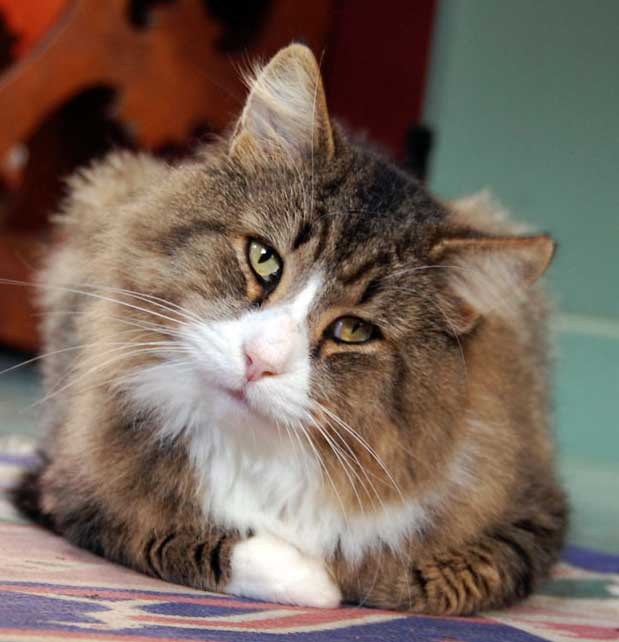
Vestibular Disease Causing Ataxia In Cats Misdiagnosed By Vets Poc
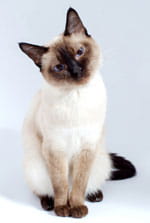
Feline Vestibular Disease Vca Animal Hospitals
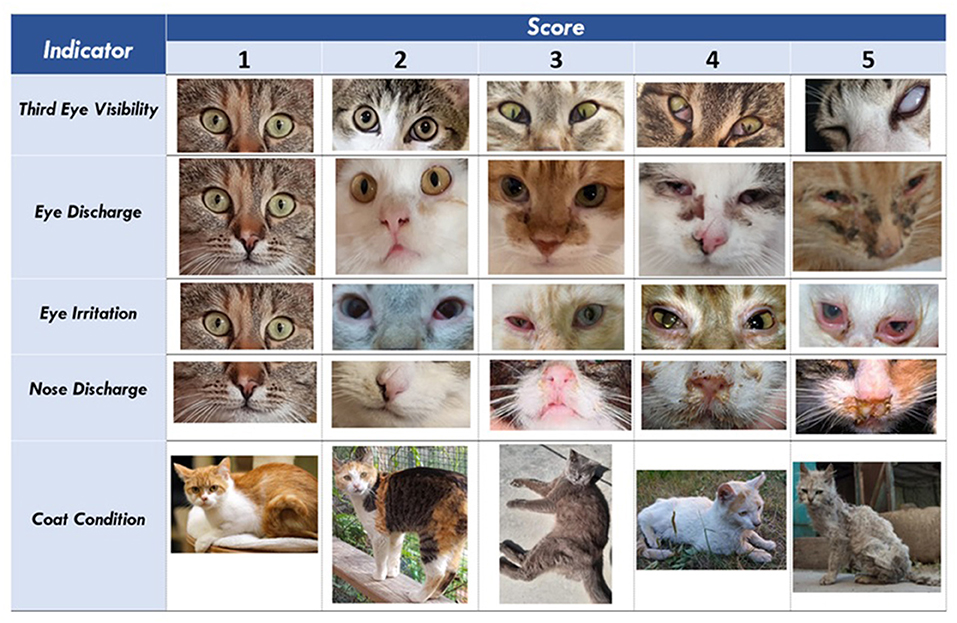
Frontiers Changes In Health Indicators Of Welfare In Group Housed Shelter Cats Veterinary Science
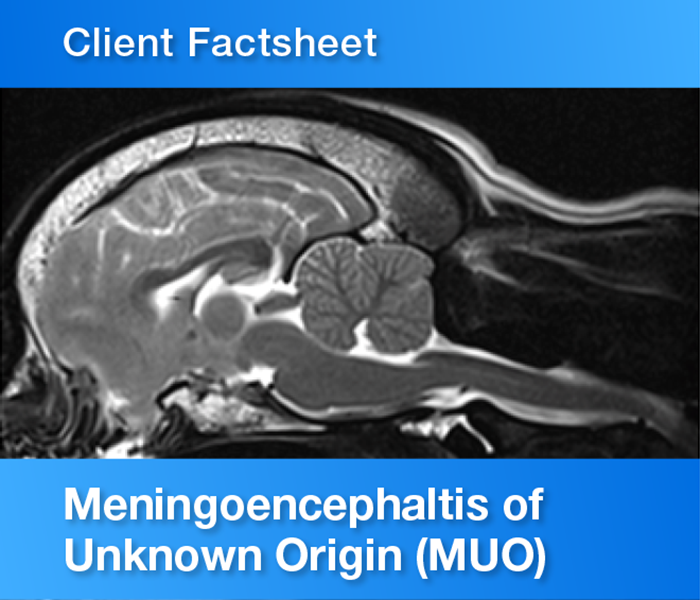
Vestibular Syndrome Factsheet Vet Oracle

Siamese Cats And Vestibular Disease Pets4homes
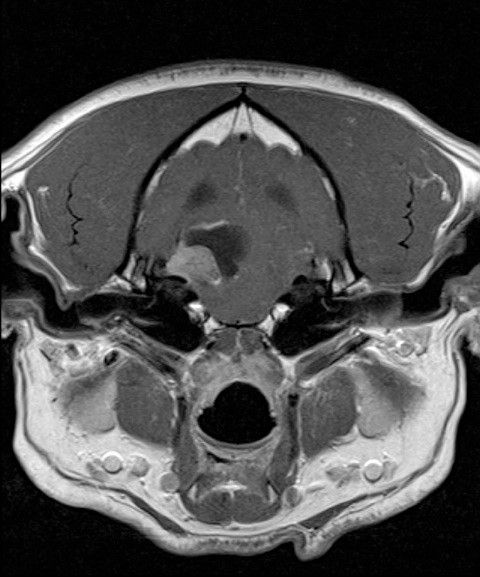
Vestibular Disease Fitzpatrick Referrals

Guidelines On How To Treat Feline Vestibular Syndrome

Feline Geriatric Vestibular Syndrome Lovetoknow

Vestibular Syndrome Kingdom Veterinary Clinic
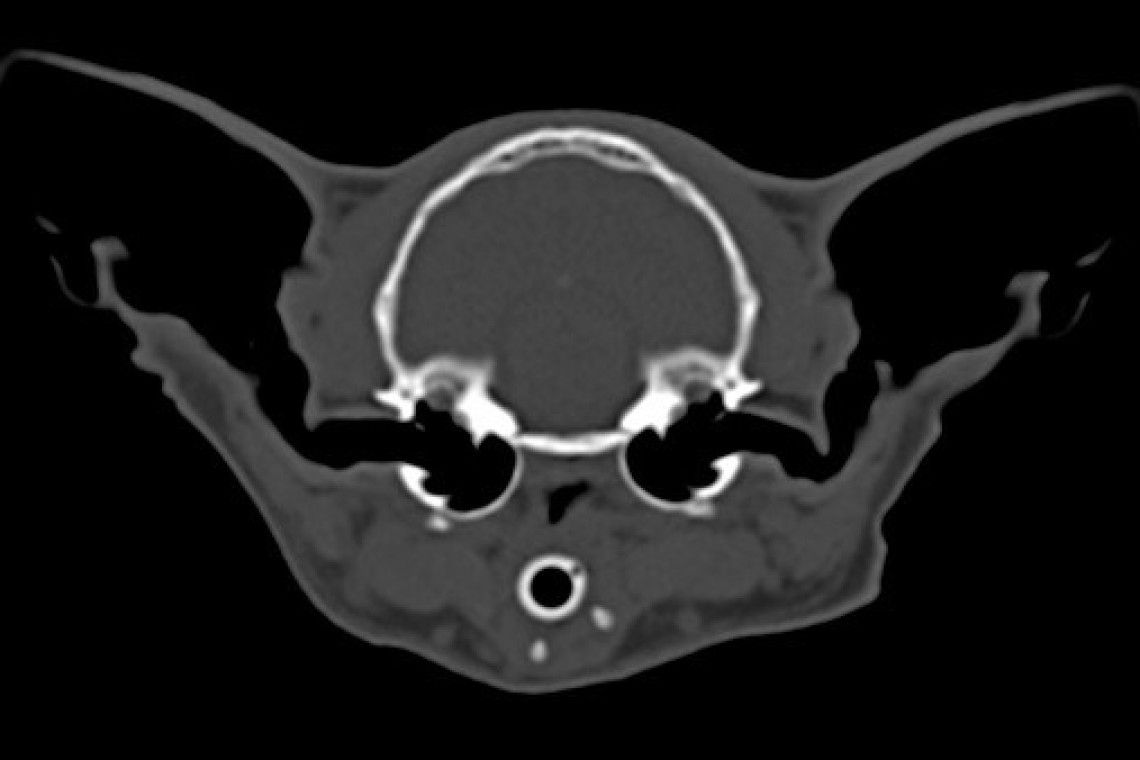
Vestibular Disease Fitzpatrick Referrals

Home Jonathan Wood Veterinary Surgeons

Home Jonathan Wood Veterinary Surgeons

Why Is My Cat Walking In Circles Tuxedo Cat

Feline Vestibular Syndrome Youtube

Covid 19 Information Center Vin
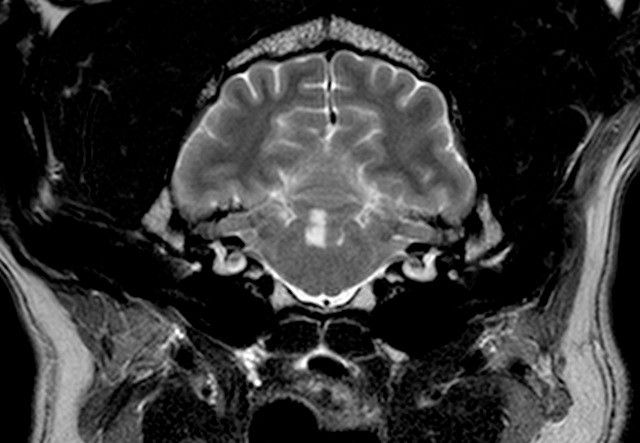
Vestibular Disease Fitzpatrick Referrals
